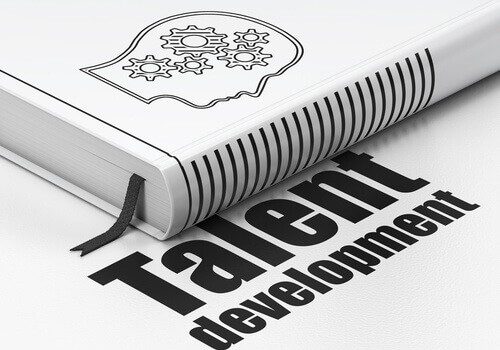Many experts estimate that the cost of a bad hire exceeds the annual salary of that position. It would be in your company’s best interest to hone your hiring manager’s interviewing skills, so you can interview and hire effectively the first time.
Employment testing is an exceptional way to determine the quality of new hires, as well as current employees. With that said, there are a number of assessments offered worldwide. Here’s a list of factors to consider when choosing an employment assessment for your organization:
In 2014, employee development was listed as a top priority more than any other area by the 100 Best Companies to Work For by Great Places to Work. This makes sense, considering on-the-job employee development accounts for up to 75 percent of effective learning. Take a look at these 14 methods for employee development so your organization is effectively nurturing your biggest effective learning tactic.
According to IDC, U.S. and U.K. employees cost businesses approximately $37 billion each year due to a lack of understanding of their roles and requirements. Not only does employee onboarding reduce on-the-job learning costs, it also saves time on training, as well as increases morale and turnover. Remember these rules to work by for the optimal employee onboarding experience.
Workforce assessments go hand-in-hand with workforce planning. The data provided by workforce assessments gives you the tools and knowledge you need to effectively implement a number of necessary workplace processes involved in workforce planning. There are 8 common components of a workforce plan that benefit from the objective data provided by workforce assessments: recruiting, retention, succession planning, performance management, career pathing, turnover, redeployment, and leadership development. Keep reading to see how each of these is benefited by workforce assessment data.
In a recent survey, 97 percent of top 1000 CEOs claimed that access to and retention of key talent are their top priorities. This is the case for two reasons. One, turnover is expensive—the financial impact is approximately 30 to 250 percent of annual salaries, according to New York Times. Two, top performers spur business performance. In fact, according to a McKinsey study, high performers in operational roles can increase productivity up to 40 percent, those in management roles can increase profit by 49 percent, and those in sales roles can increase revenue by 67 percent. This is more than enough reason to establish a strategy for talent management.
An effective leader can be both born and made. Although there are some aspects of leadership that seem innate, it is very possible to hone and develop ley leadership skills to make yourself into an effective leader. We’ve compiled a list of 17 leadership skills that can identify or develop an effective leader.
Two key terms related to bench strength are continuity and adaptation. Bench strength equips your team with the necessary tools for adapting to surprise turnover or illness and maintaining continuity in your business. A strong bench also allows companies the peace of mind to take bigger leaps, because the company is confident that their bench will be able to adapt and continue progressing forward.
In a group of surveyed employees, 53 percent find employee evaluations to be a waste of time, claiming that they don’t motivate them to work harder. Maybe it’s time to rethink how to implement employee evaluations. Anthony Vigneron, founder of 2020 IT Leader, suggests some effective questions to ask that can revamp your employee evaluation process.
In the business sense, the word “talent” refers to a natural ability to excel at a duty or action. Talent is what keeps an employee thriving and, in return, keeps a business thriving. One of the best ways to optimize and maintain talent is through talent development programs. There are some key elements that can be implemented for the ideal talent development program.










